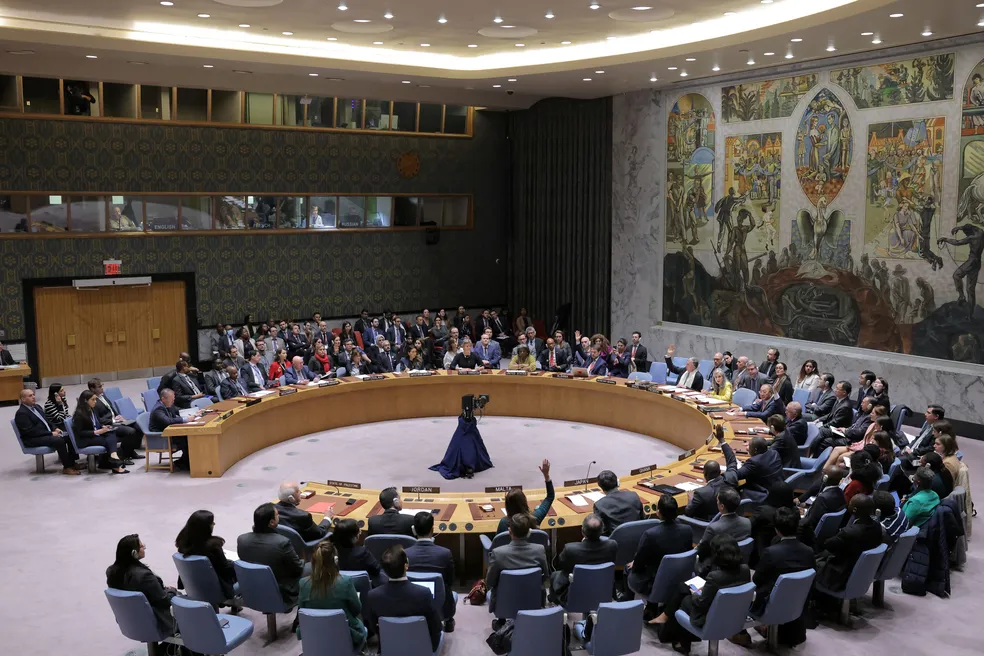Friday’s earthquake strikes a major Turkish centre amid international tensions the country has been embroiled in
On Friday morning (30/10) an earthquake reaching 7.0 on the Richter scale struck the Aegean Sea, causing destruction in both Turkey and Greece.
Throughout the morning and early afternoon, images from the Turkish city of Izmir (Turkey’s third-largest city) show debris from buildings that collapsed due to the quake and small tsunamis that invaded the streets of neighbourhoods closer to the coast.
The earthquake happened 24 km from the Greek island of Samos – 17 km from the Turkish coast – in the sea at a depth of 16 km. These are data from Turkish authorities. The American monitoring centre rated the strength of the earthquake at 7 points on the Richter scale, while the Turkish counterpart speaks of 6.6.
The effects of the quake were felt both in Istanbul (almost 400 km from the epicentre) and in Athens (about 280 km from the centre point). Turkish authorities speak of around 20 collapsed buildings in Izmir.
Turkish President Recep Tayyip Erdoğan tweeted wishing the city a speedy recovery from the disaster and said: “with all the means of our state, we stand by our citizens affected by the earthquake. We have taken steps to begin the necessary work in the region with all relevant institutions and ministers.”
The earthquake comes at a time when Turkey is increasingly aggressive in the region. On its Eastern border, the country remains active (at least in oratory) in the war taking place between its neighbours Armenia and Azerbaijan – where the Erdoğan government promises to side with the Azerbaijani government and makes statements that seem to further ignite the conflict, being the only one to maintain a warlike tone towards the conflict despite criticism from other countries.
More recently, Erdoğan has entered into a direct diplomatic conflict with the government in Paris. Following the 16th October attack, when an Islamic extremist beheaded a French history teacher for displaying cartoons of Mohammed in class, Emmanuel Macron declared that the country would not renounce the cartoons and strongly defended the republic’s principles of secularism and freedom of expression. On the other side of the Mediterranean, however, the Turkish president decided to “respond” to the speech of his French counterpart, stating that “Macron should go and have his mental health checked”, accusing the French president of not understanding, nor respecting, the right of freedom of belief.
At this moment, it should be noted, a boycott of products of French origin is taking place in several Arab countries. At the head of a movement for the re-islamisation of his country, Erdoğan not only places himself as one of the great promoters of this cultural boycott, but also presents himself as one of the great spokesmen of this pan-Islamic movement – something that the French now treat as “political Islamism”, especially when referring to Islamic terrorism. The president of the “Movement of Companies of France” (MEDEF), Geoffroy Roux de Bézieux, said in an interview with the BMF TV channel that “one does not accept to give in to blackmail; there is a moment that one must put principles before business”.
After Friday’s earthquake, however, the French government was open to providing aid to both Athens and Ankara. French Interior Minister Gérard Darmanin tweeted that “France stands alongside the Turkish and Greek peoples in responding to this terrible event. If the governments of these countries wish, French aid can be dispatched immediately.”
There is no telling yet whether the tragedy of the earthquake this 30th October will chill Turkey’s foreign relations. But it would not be surprising if these moments of national pain, are capitalized upon by Erdoğan to use them internally and externally in the future. After all, the Turkish president has used events like the attempted coup in 2016 to further strengthen himself. On the internet, rumours are already spreading that France would have attacked Turkey with a nuclear submarine – which would have caused the earthquake. It is obvious that this kind of creation only serves to increase animosities of flat-earthers on social media, but Turkey’s reactions can be just as creative.



